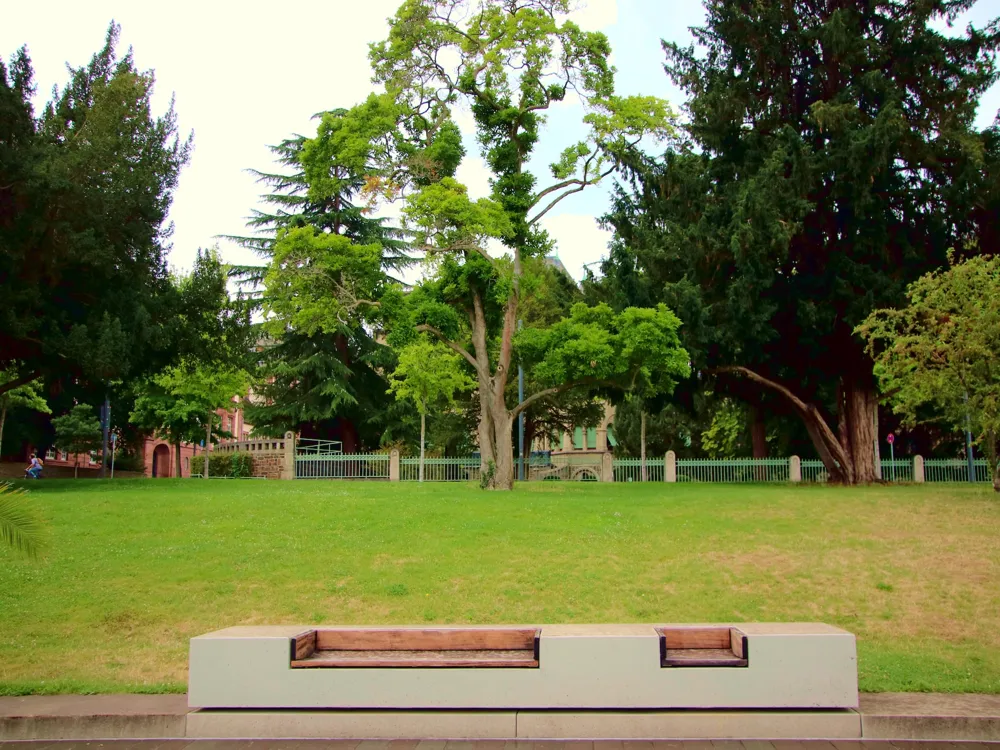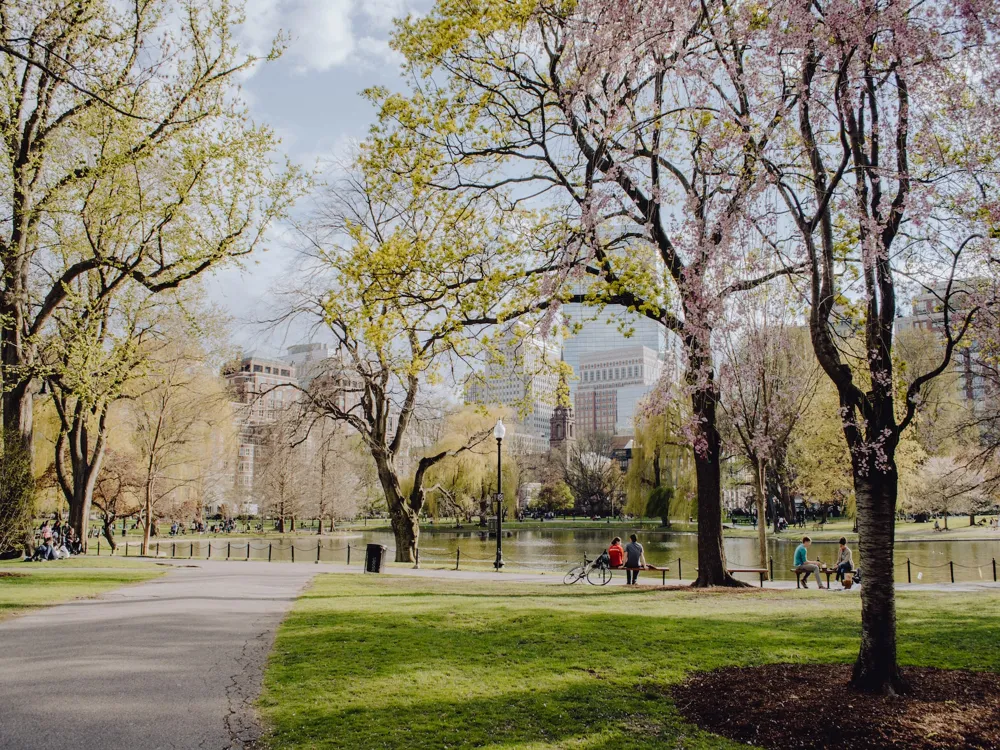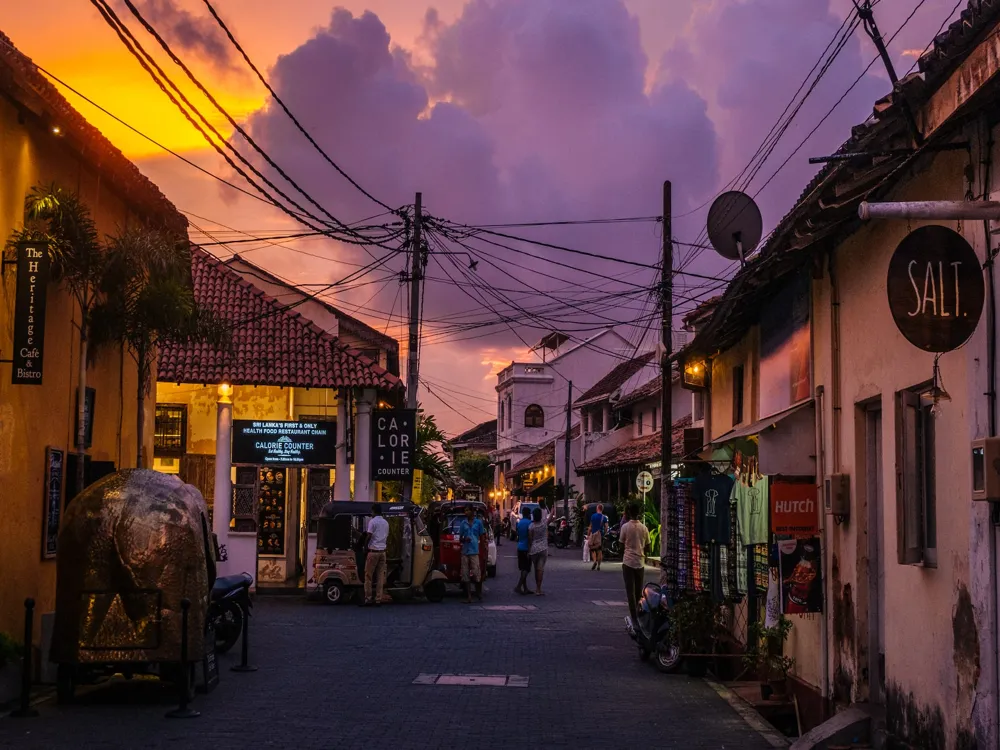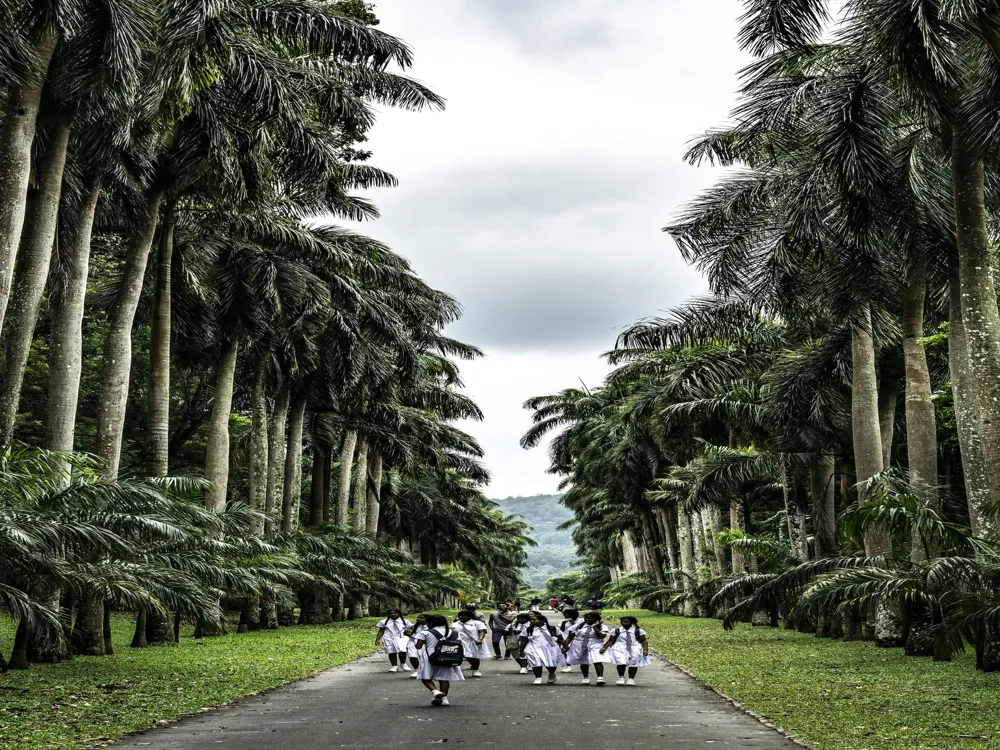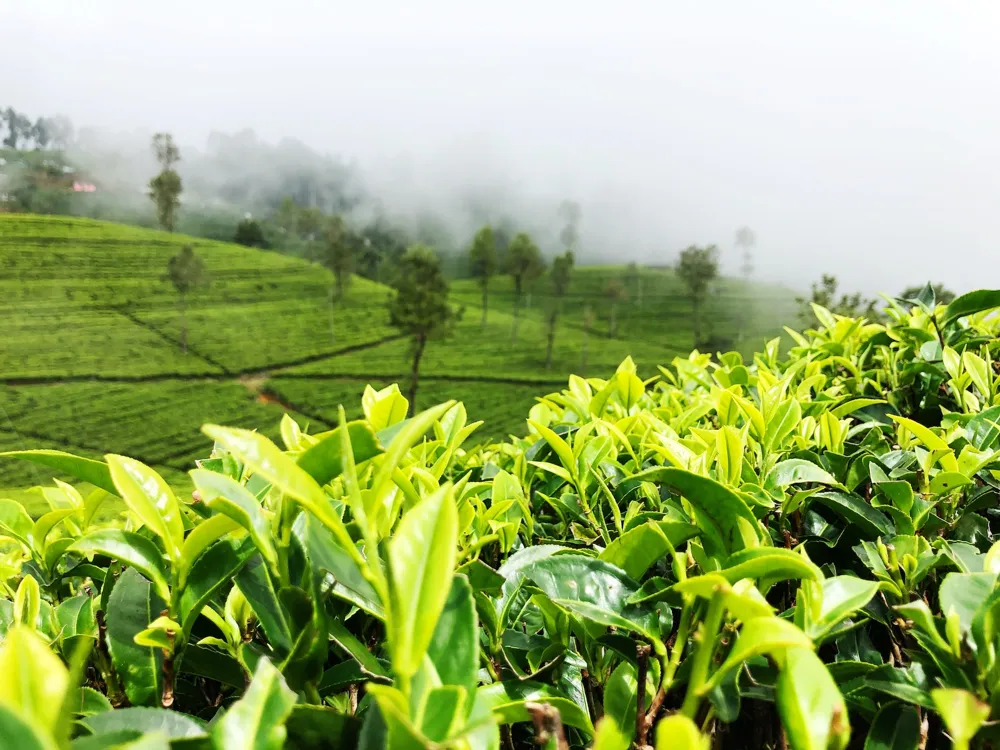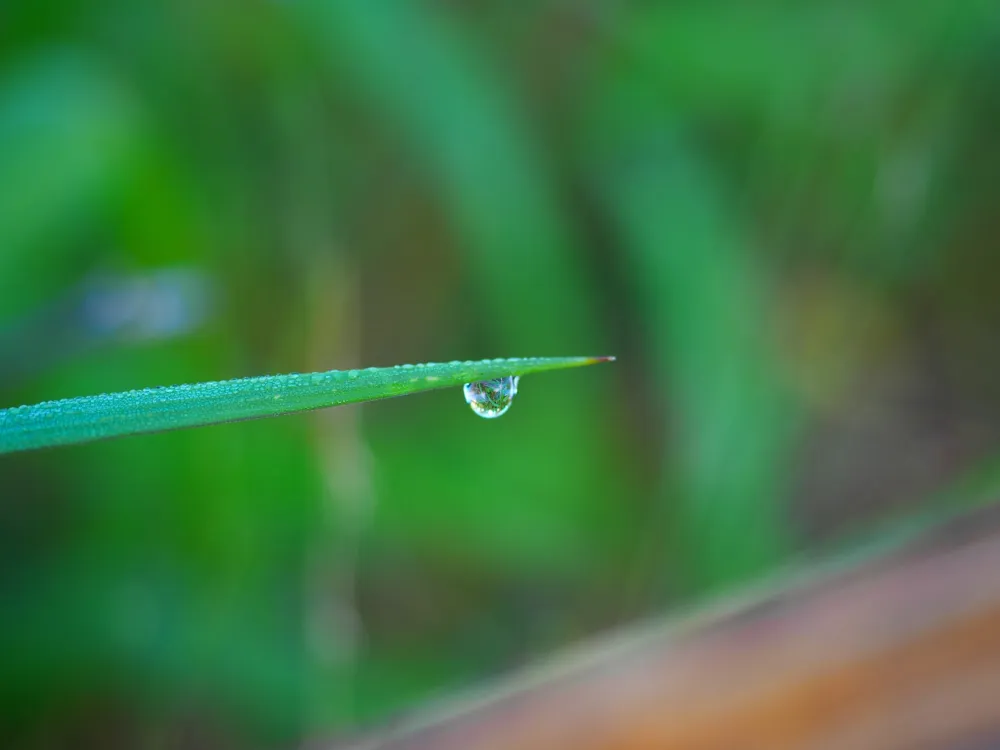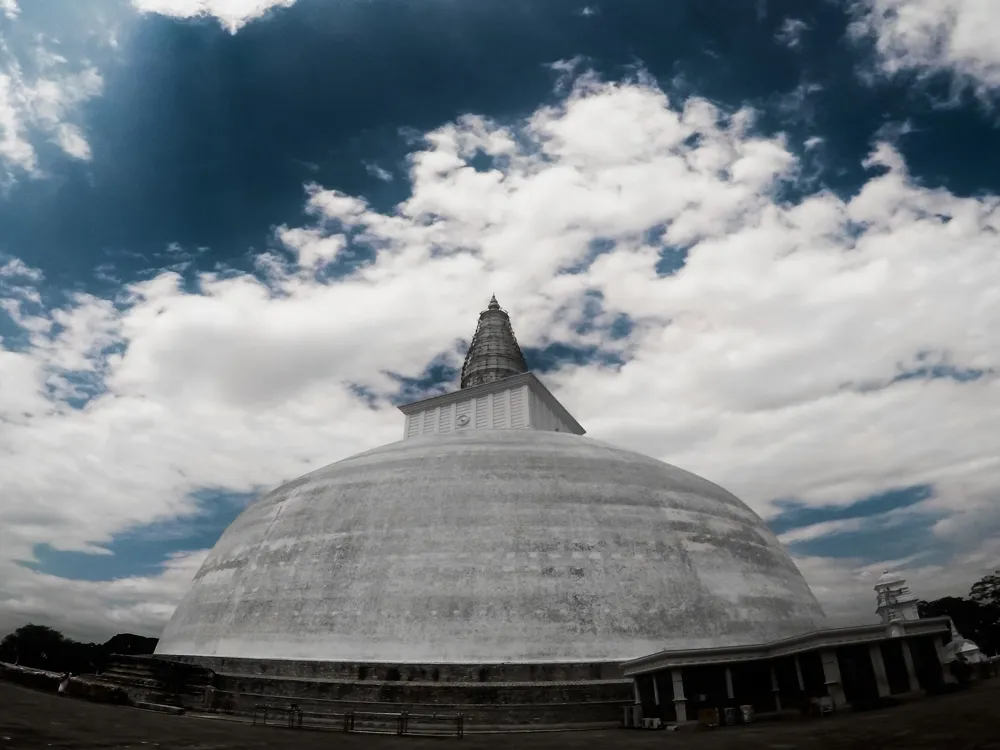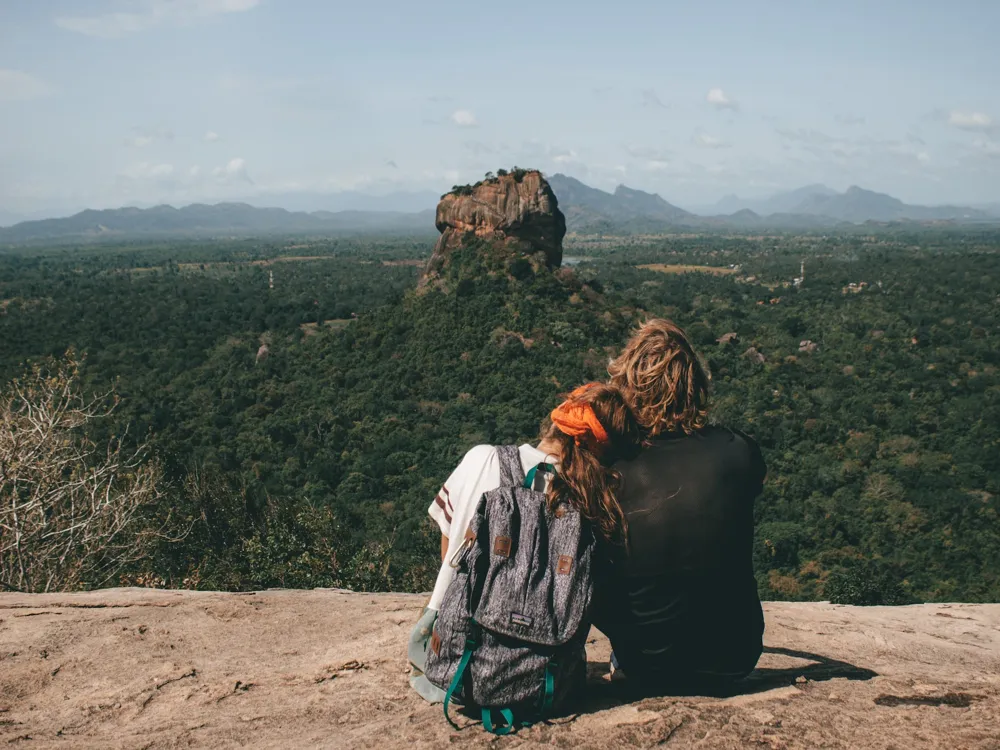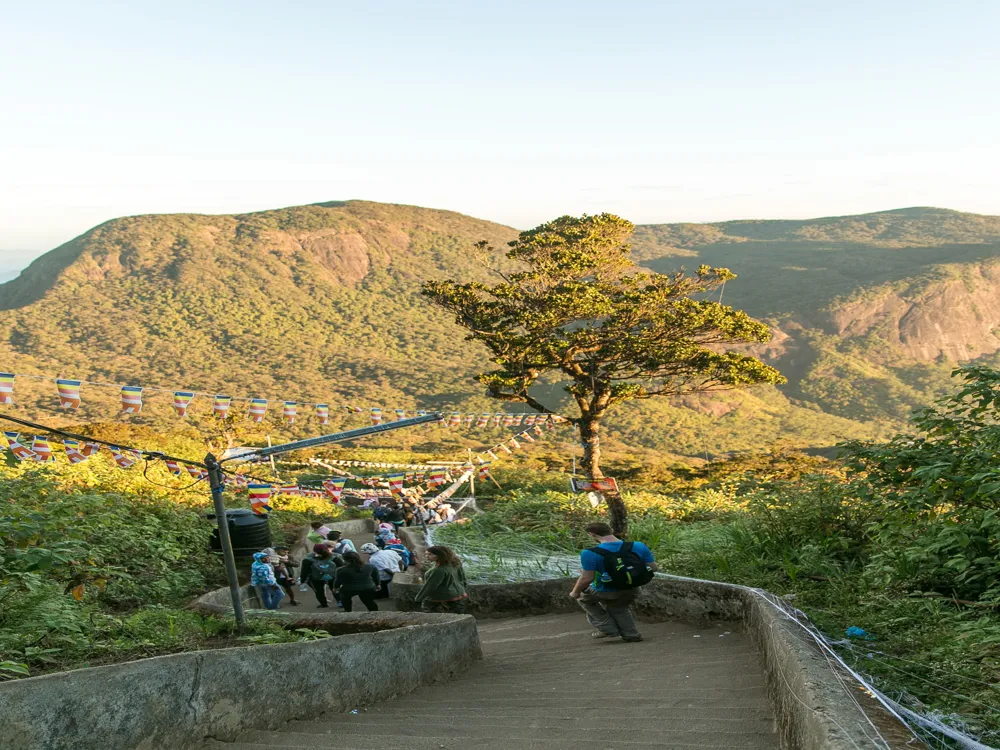Best Time to Visit Bundala National Park
Sri Lanka
10 out of 66 Places to visit in Sri LankaNaN onwards View Packages
Get Customized PackagesThe Land of Diversity
Top Hotel Collections

Private Pool

Luxury Hotels

5-Star Hotels

Pet Friendly
What is the Best Time to Visit Bundala National Park?
Bundala National Park, nestled in the vibrant landscape of Sri Lanka, is a haven for nature enthusiasts. Choosing the right time to visit this ecological wonder ensures a memorable experience. Let's explore the optimal periods for a Bundala adventure.
Travel Peak Season in Bundala National Park
Bundala's Bustling Brilliance
Embark on an unparalleled journey during the park's peak season, spanning from November to February. This period promises ideal weather, with temperatures ranging from 25 to 30 degrees Celsius. The park's diverse flora and fauna are in full bloom, offering a picturesque spectacle. Be prepared for a surge in fellow nature lovers during this time.
Travel Offseason in Bundala National Park
Quiet Tranquility in Offseason
For those seeking solitude and a more budget-friendly excursion, the offseason (March to June) beckons. Though characterized by warmer temperatures, ranging from 28 to 32 degrees Celsius, this period offers a unique experience. Witness the park's transformation as it adapts to th
Bundala National Park Travel Packages
View All Packages For Bundala National Park
More about the Best Time to Travel to Bundala National Park
Bundala National Park Weather in Winter (November – February)
Winter Wonders Unveiled
The winter months bring a refreshing breeze to Bundala, with temperatures dropping slightly. November kicks off this season with temperatures around 25 degrees Celsius. December and January maintain similar conditions, providing a comfortable atmosphere for exploration. February marks the end of winter, setting the stage for the upcoming vibrant season.
Bundala National Park Weather in November
A Gentle Prelude to Winter
November introduces winter with mild temperatures, creating an inviting ambiance for wildlife sightings. The average temperature hovers around 25 degrees Celsius, making it an excellent time to witness the park's diverse bird species and other wildlife.
Bundala National Park Weather in December
Festive Atmosphere Amidst Nature
December continues the winter magic, maintaining temperatures between 25 and 30 degrees Celsius. The park comes alive with a festive atmosphere as migratory birds join the resident species. It's an opportune time for birdwatchers and photography enthusiasts.
Bundala National Park Weather in January
Peak Winter Delights
January brings peak winter conditions to Bundala, with temperatures remaining steady between 25 and 30 degrees Celsius. The park showcases its full splendor during this time, offering optimal conditions for safaris and outdoor activities.
Bundala National Park Weather in February
Bid Farewell to Winter
As winter bids adieu, February retains its cool charm, creating a pleasant environment for park exploration. With temperatures ranging from 25 to 30 degrees Celsius, it's an ideal month to witness the dynamic flora and fauna before the onset of spring.
Bundala National Park Weather in Summers (March to June)
Sunny Adventures in Bundala
March marks the beginning of the summer season, bringing warmer temperatures ranging from 28 to 32 degrees Celsius. Despite the heat, this period offers a unique experience as nature undergoes transformation. April, May, and June continue the summer spell, providing a different perspective of Bundala's ecosystem.
Bundala National Park Weather in March
Transition to Summer Bliss
March initiates the transition to summer, introducing warmer temperatures around 28 degrees Celsius. While the weather gets progressively hotter, this month sets the stage for the vibrant changes in the park's landscape.
Bundala National Park Weather in April
Summer's Warm Embrace
April brings a warmer embrace, with temperatures ranging from 28 to 32 degrees Celsius. The park transforms into a spectacle of colors and life, offering a distinct experience for visitors. It's a time to witness the resilience of Bundala's ecosystem.
Bundala National Park Weather in May
Peak Summer Revelry
May ushers in peak summer conditions, with temperatures hovering around 32 degrees Celsius. Despite the warmth, the park's inhabitants adapt, presenting unique behavioral patterns. It's an exciting time for wildlife enthusiasts to observe these adaptations.
Bundala National Park Weather in June
Summer's Zenith
June marks the zenith of summer, maintaining temperatures around 32 degrees Celsius. While the weather may be warmer, this period allows visitors to appreciate the park's resilience. Embrace the summer vibes and witness nature's ability to thrive in diverse conditions.
Bundala National Park Weather in Monsoon (July – October)
Monsoonal Magic in Bundala
July signals the onset of the monsoon season, bringing refreshing rain showers to Bundala. While temperatures range from 28 to 32 degrees Celsius, the park undergoes a transformative phase. August, September, and October continue the monsoonal magic, unveiling a different facet of Bundala's beauty.
Bundala National Park Weather in July
Monsoon's Arrival
July welcomes the monsoon, with temperatures ranging from 28 to 32 degrees Celsius. Rain showers rejuvenate the landscape, creating a lush, green environment. It's a rejuvenating period to witness nature's response to the monsoonal embrace.
Bundala National Park Weather in August
Nature's Symphony in Rain
August amplifies the monsoonal symphony, with occasional rain showers enhancing the park's allure. Despite the wet conditions, the park thrives, showcasing a vibrant tapestry of colors and life.
Bundala National Park Weather in September
Monsoonal Tranquility
September continues the monsoonal tranquility, maintaining temperatures between 28 and 32 degrees Celsius. It's a time of balance, with intermittent rain showers contributing to the park's overall biodiversity.
Bundala National Park Weather in October
Farewell to Monsoon
October marks the conclusion of the monsoon season, with temperatures remaining around 28 to 32 degrees Celsius. As the rain subsides, Bundala transitions into a harmonious blend of greenery and wildlife activity, preparing for the upcoming peak season.
Conclusion
In conclusion, choosing the best time to visit Bundala National Park depends on personal preferences. Whether you prefer the vibrant peak season, the tranquility of the offseason, or the monsoonal magic, Bundala promises a captivating experience year-round. Embrace the diversity of this ecological gem and create lasting memories amidst nature's wonders.
Places To Visit In Bundala National Park
Nearby Places Bundala National Park
Bundala National Park Photos
View All Photos For Bundala National ParkBrowse Package Collections
Browse Hotel Collections
Faq
1. What is the best time to visit Bundala National Park?
The best time to visit Bundala National Park is during the dry season, from May to September. During this period, wildlife is more concentrated around water sources, providing optimal conditions for wildlife viewing.
2. Why is the dry season recommended for visiting Bundala National Park?
The dry season reduces water availability in the park, concentrating animals around the remaining water sources, making it easier for visitors to spot diverse wildlife, including migratory birds.
3. Are there any specific months within the dry season that are particularly recommended?
June and July are often considered ideal months to visit Bundala National Park. During these months, the weather is pleasant, and wildlife is abundant, including the presence of migratory birds.
4. What wildlife can be observed during the recommended months?
Visitors can witness a wide variety of wildlife, including elephants, crocodiles, various species of birds, and the rare fishing cat. Migratory birds, such as flamingos and pelicans, are also commonly spotted.
5. Is Bundala National Park open year-round, and are there any closures during the wet season?
Yes, Bundala National Park is open year-round. However, certain areas may be inaccessible or less rewarding for wildlife viewing during the wet season (October to April) due to heavy rainfall and flooded areas.


